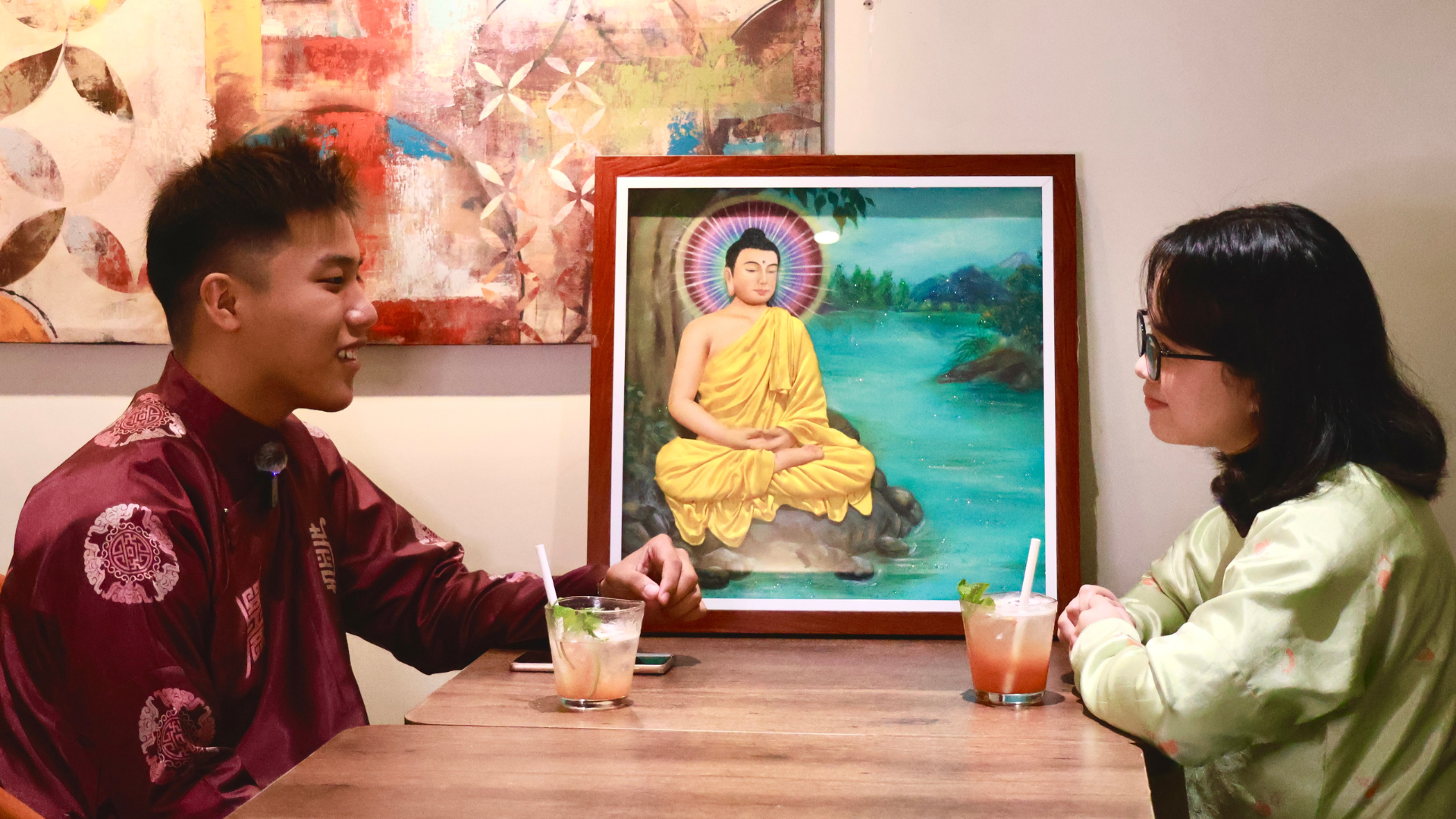In a world driven by diverse tastes and culinary adventures, food has become more than just sustenance. It has played an important role in defining one country’s identity while uniting cultures from across the globe. The question is: Is food considered a heritage?
With its appearance in the UNESCO list, food is considered a part of intangible heritage, which is passed down from generation to generation. The food legacy does not contain the exclusive recipe only, but also the cooking techniques, dining etiquette, and the stories, values, and beliefs behind a cuisine.
UNESCO’s Intangible Cultural Heritage list showcases a rich array of Asian dishes and culinary customs. Here are some noteworthy Asian food-related heritage for you to explore in your cultural journey:
1. Kimchi – Republic of Korea
Korean’s Kimchi (Source: Unsplash)
Deeply rooted in Korean history, Kimchi and its sophisticated making process were well recognized by UNESCO as an Intangible Cultural Heritage in 2013. Made from cabbage, radish, and other vegetables, Kimchi undergoes fermentation to increase its sour and spicy flavor and preserve its nutritional properties, becoming an attractive side dish in Korean meals.
2. Washoku – Japan
Japan’s Washoku (Source: Unsplash)
Washoku, meaning “traditional Japanese cuisine,” is a culinary tradition steeped in centuries of history and culture of Japanese. Washoku follows 4 main rules in Japanese culinary philosophy: pure flavor of fresh ingredients, nutritional balance, showing natural beauty, and the harmony of 4 seasons. This philosophy not only brings a nutritious meal but also shows the sophistication in dining etiquette that is unique to the Japanese, earning Washoku an Intangible Cultural Heritage recognition by UNESCO in 2013.
3. Hawker Culture – Singapore
Singapore’s Hawker Centre (Source: Asian Inspirations)
Hawker culture in Singapore is a vibrant and cherished aspect of the city-state’s culinary scene. With casual restaurants, the intersection of different cuisines in a multicultural country, and fine-tuning dishes according to local tastes and contexts, Hawker Center is more than just a favorite culinary destination for Singaporeans but also a must-visit place for tourists. These transformed this street-food destination into Singapore’s unique “Hacker Culture.”


